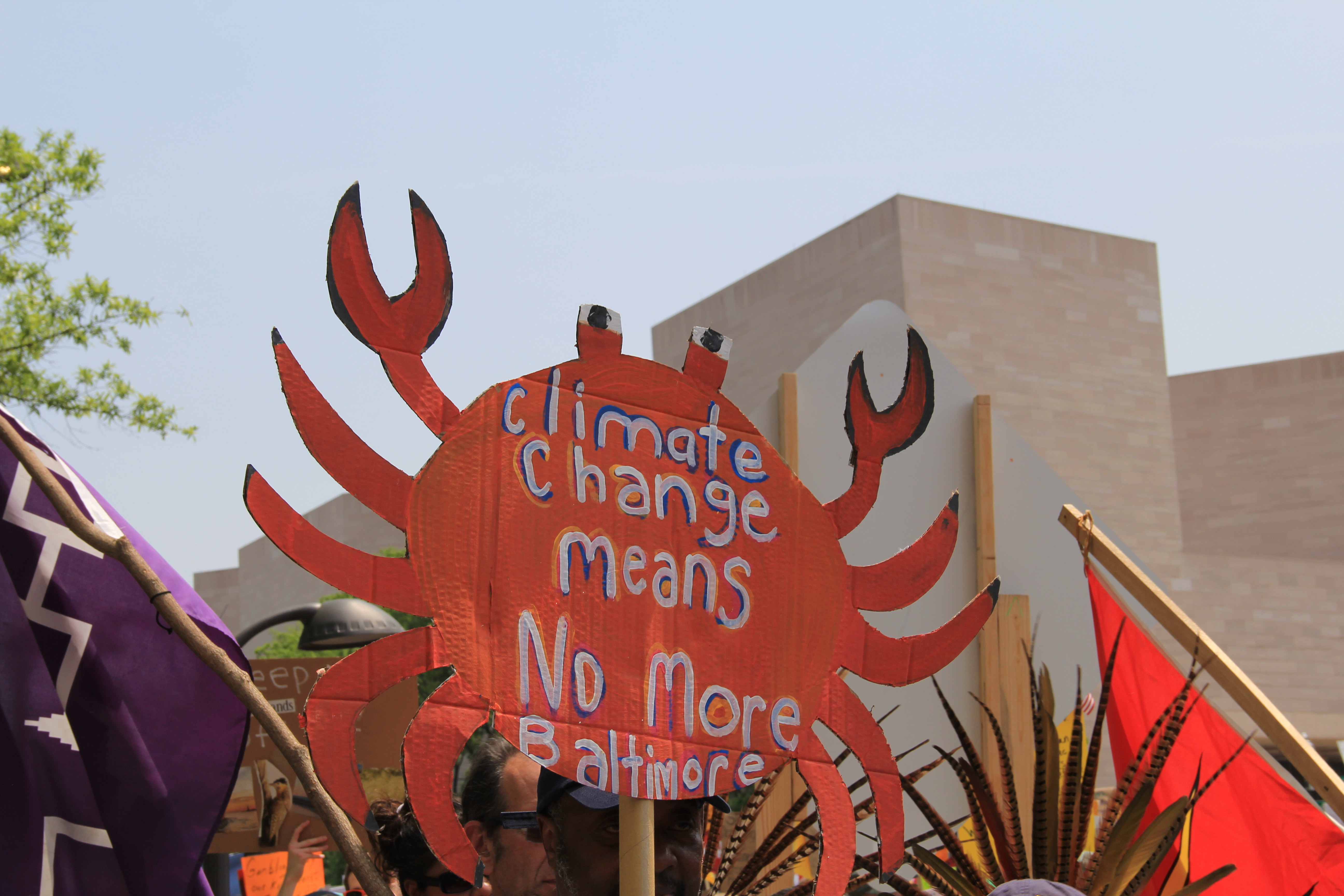Views expressed in opinion columns are the author’s own.
Yesterday, Montgomery County declared a “climate emergency.” These weren’t empty words of apocalypse — instead, they marked a new resolution by the county to cut greenhouse gas emissions 100 percent in the next 18 years.
It comes as another signal for Americans to refocus their energy on local politics, especially as the national government continues to slash existing climate protections. And with an issue like climate change, we need local legislation to make progress.
At the federal level, the legislative dismantling of existing national climate protection policies is dramatic to watch and easy to blame on President Trump’s incompetence. On a local scale, it becomes a harder issue to pin down. The logistics of legislating for a small area can feel pedantic because, instead of talking about the ideology of the Paris Climate Agreement or funding the EPA, we have to approach the emissions of metro stations and household.
But it’s only when we talk about these everyday institutions and habits that our environment can start to improve. Climate change isn’t disconnected from people’s lives, and while businesses and larger entities are massive contributors to the problem, broad-scale solutions aren’t being pushed forward. People and local organizations need to take the next steps beyond awareness.
People should push to change the habits that compound to create a city’s emissions footprint. While individuals are the smallest units of polluters, they’re also easier to limit than billionaires who can pay to cover their gaseous tracks.
Now’s the time for disruptive policy. People want to dismantle the hierarchies of power and pandering that keep harmful national climate policies in place, but the most productive place to start is in our own lives and routines. Instead of waiting for company codes to change and standards to be amended, we can adapt — and improve much faster and to a greater extent.
And time is of the essence. We don’t have the luxury of taking things slow and debating every new measure — that’s already stymied our national progress. We can’t wait to ease people into living sustainably. Climate change must be legitimized in every community as something we can’t ignore. That legitimization comes from local governments and authorities ironing out policies that have meaning on a local level.
However, for progressive policies to keep spreading, citizens must make themselves heard. They must be more active in local politics and use the resources they have. Even at the University of Maryland, the most recent Student Government Association election had an undergraduate voter turnout of just 8 percent. Recognizing and caring about our representatives lets us express the issues important to us and brings it to the local level; we shouldn’t see it as minimizing a large-scale issue, but instead elevating a community concern.
Montgomery County’s approach is exemplary in how aggressive it is, and it’s a powerful response to Trump’s proposed repeals of sustainability policies for everything from power plants to cars. It’s unfortunate that we have to be mobilized through alternative avenues instead of as a unified whole, but it’s what we have. And we need to get to work.
Sona Chaudhary, opinion editor, is a sophomore English and geology major. She can be reached at sonachaud@gmail.com.



